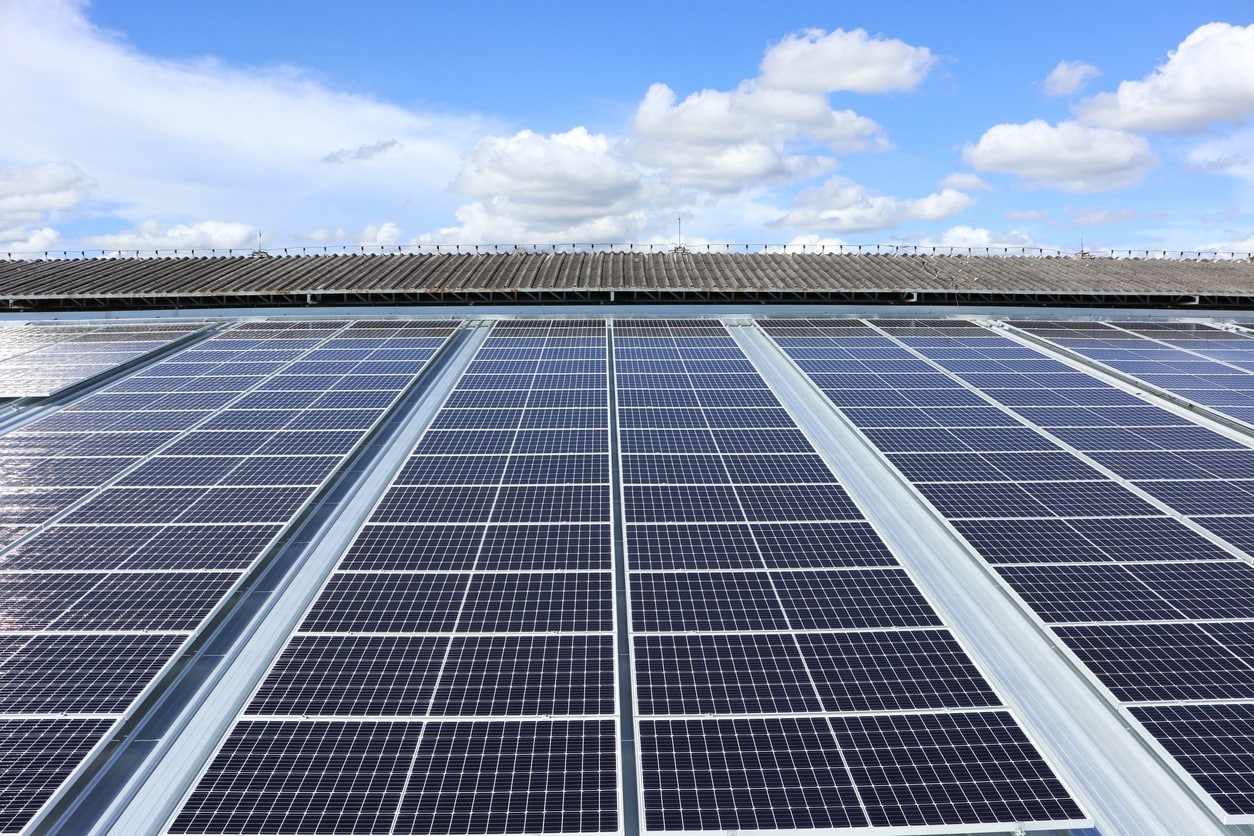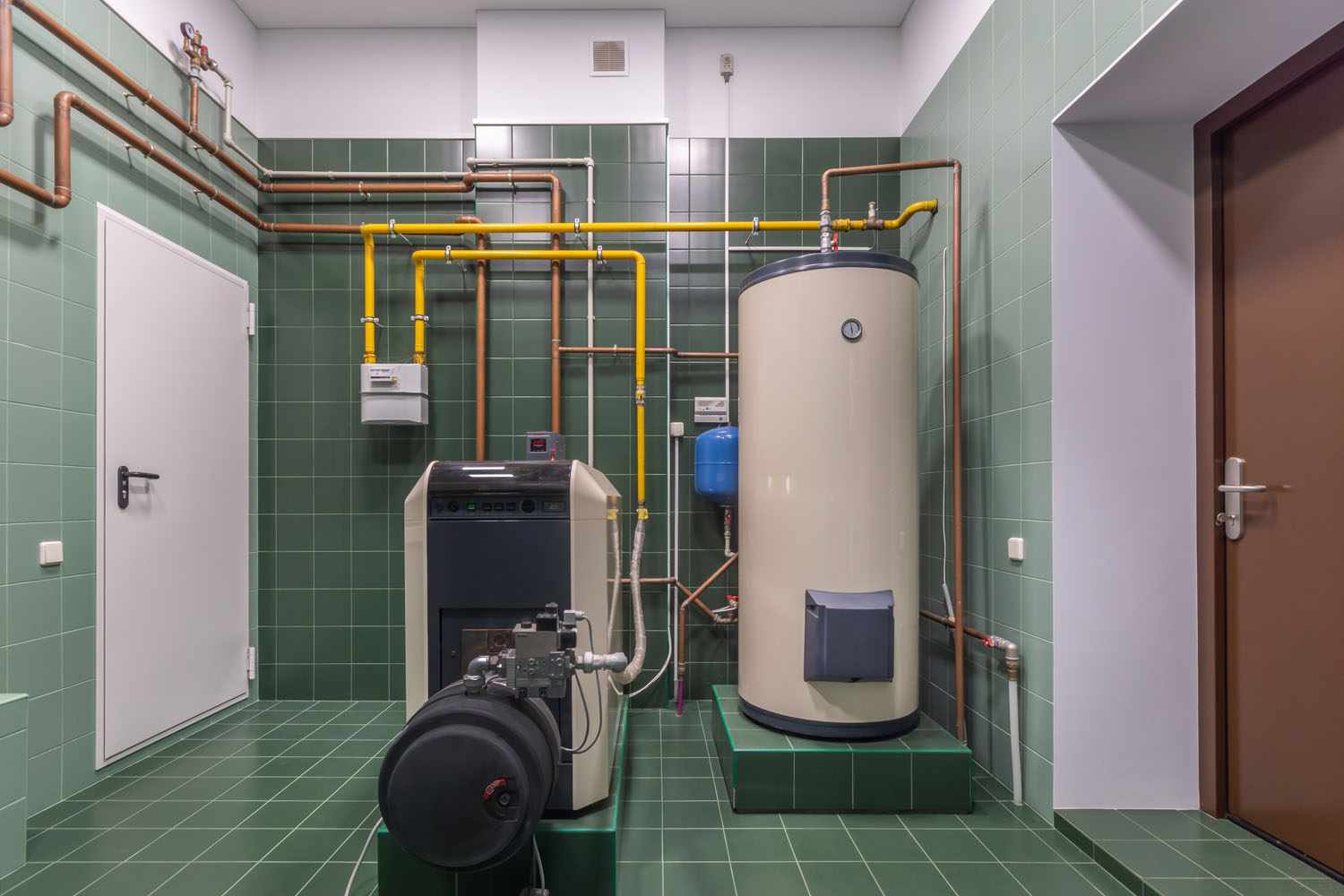As homeowners look to upgrade their heating systems, one of the biggest questions they face is whether to choose gas or electric. Both systems have their pros and cons, and the decision often comes down to factors such as cost, energy efficiency, environmental impact, and long-term savings. In this article, we’ll explore the differences between gas and electric heating systems to help you determine which is the best option for your home.
1. How Do Gas and Electric Heating Systems Work?
Before diving into efficiency, it’s important to understand how each system works:
- Gas Heating: Gas heaters burn natural gas to produce heat. This heat is distributed throughout the home either through a central furnace or a wall-mounted unit. Gas heaters are typically connected to the natural gas supply line, making them a popular choice in areas with access to gas infrastructure.
- Electric Heating: Electric heaters convert electricity into heat through resistive heating elements. Common types of electric heating systems include reverse-cycle air conditioners, heat pumps, and electric radiators. These systems rely on the home’s electrical grid to provide heating.
2. Efficiency Comparison: Gas vs. Electric Heating
When it comes to energy efficiency, electric heating systems are generally more efficient than gas, particularly modern heat pump systems.
- Gas Heating Efficiency: Traditional gas heaters can be as low as 60-70% efficient, meaning that up to 30-40% of the energy produced is lost through venting and combustion. Some high-efficiency gas furnaces can achieve up to 90-95% efficiency, but they still rely on the burning of fossil fuels, which contributes to greenhouse gas emissions.
- Electric Heating Efficiency: Electric heat pumps, particularly reverse-cycle air conditioners, can achieve efficiency ratings of over 300-400%. This means that for every unit of electricity used, the heat pump can produce three to four units of heat. This is because heat pumps transfer heat rather than generating it, making them far more efficient than gas.
3. Environmental Impact
The environmental impact of gas vs. electric heating is another key factor in the decision-making process.
- Gas Heating: Gas heaters rely on burning fossil fuels, which emit carbon dioxide (CO2) and other greenhouse gases into the atmosphere. While natural gas is considered cleaner than coal, it still contributes significantly to global warming. Additionally, gas infrastructure leaks methane, a potent greenhouse gas.
- Electric Heating: The environmental impact of electric heating depends on how the electricity is generated. If your electricity comes from renewable sources like solar, wind, or hydro, electric heating systems are virtually carbon-neutral. However, if your electricity comes from coal-fired power plants, the environmental benefits of electric heating are reduced. Homeowners with solar panels can use the excess energy generated during the day to power their electric heating system, further reducing their carbon footprint.
4. Cost Comparison: Gas vs. Electric
The cost of running a gas or electric heating system depends on several factors, including energy prices, system efficiency, and the size of your home.
- Upfront Costs: Gas heating systems tend to have lower upfront costs, especially if your home is already connected to the gas grid. Installing a gas furnace or wall-mounted gas heater is often cheaper than installing an electric heat pump. However, for homes without access to the gas network, the cost of connecting to the gas grid can be significant.
- Running Costs: While gas heating systems may be cheaper to install, electric heat pumps are generally cheaper to run due to their higher efficiency. In Victoria, where energy prices for electricity and gas are relatively comparable, the lower running costs of electric heating systems often offset the higher upfront cost over time. Additionally, homeowners with solar panels can run their electric heating system for little to no cost by using self-generated electricity.
5. Long-Term Considerations
When deciding between gas and electric heating, it’s important to consider long-term trends:
- Rising Gas Prices: In Australia, gas prices have been rising steadily over the past decade due to both domestic and international market factors. This makes gas heating less economically attractive in the long term.
- Transition to Electrification: As part of the global effort to reduce carbon emissions, governments and energy providers are increasingly encouraging electrification — moving away from gas in favour of renewable electricity. In Victoria, government rebates and incentives are available for homeowners who switch from gas to electric heating systems.
Conclusion: When it comes to heating your home, electric heat pumps offer superior energy efficiency and environmental benefits compared to gas heaters. While gas systems may have lower upfront costs, the long-term savings and environmental advantages of electric systems, particularly when combined with solar energy, make them a more attractive option for many homeowners. As gas prices continue to rise and the shift towards renewable energy accelerates, the case for switching to electric heating becomes even stronger.







